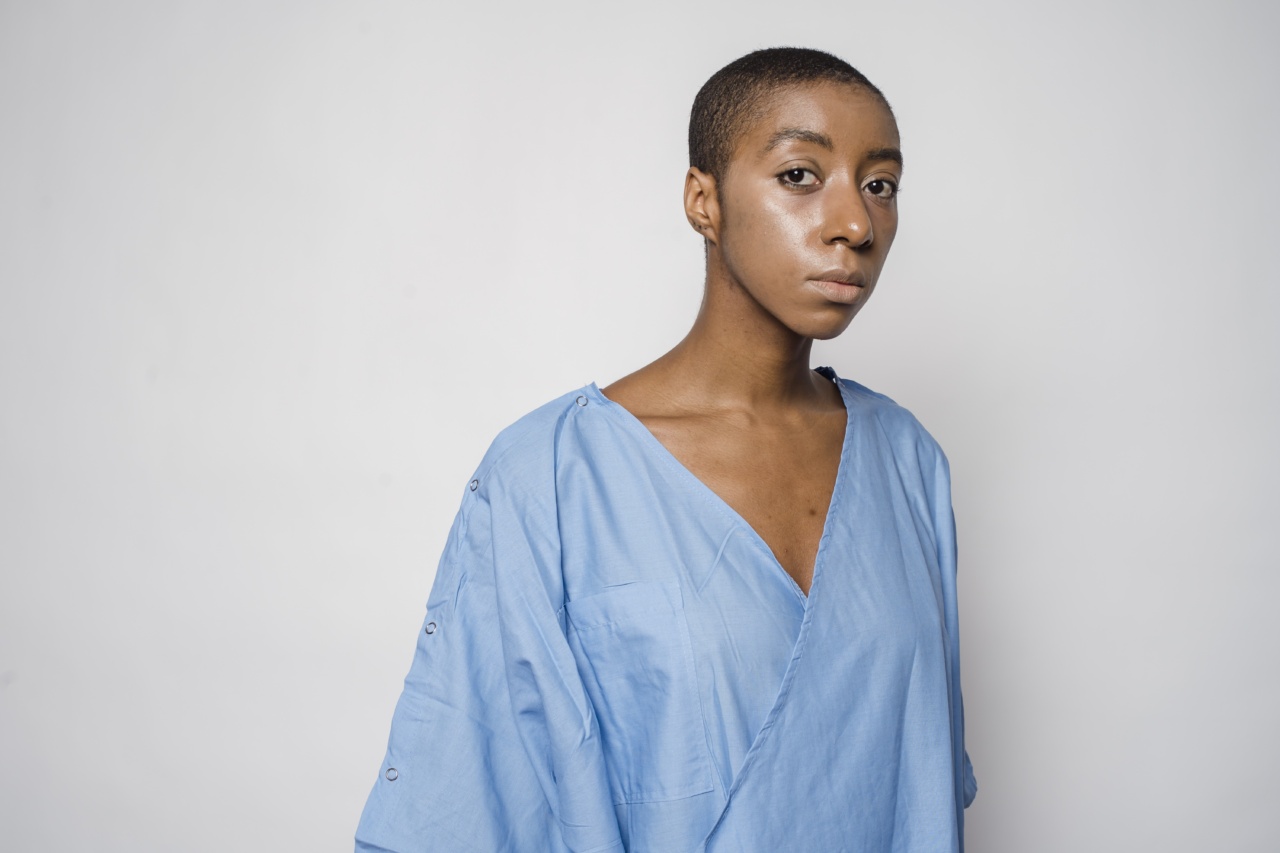While many medical conditions and disorders are well-known and easily recognized, there are some that are truly bizarre and often go unnoticed.
These rare and unusual disorders can be challenging to diagnose, leaving those affected feeling confused and isolated. It’s essential to be aware of these conditions and know when to seek medical help. This article will explore ten bizarre disorders, their symptoms, and when you should consult a healthcare professional.
1. Alien Hand Syndrome
Alien Hand Syndrome is a neurological disorder where a person’s hand seems to act on its own, often appearing as if it has a mind of its own.
The affected hand may perform complex tasks without the person’s control or intention, leading to a sense of detachment and frustration. While this disorder is rare, it can significantly impact a person’s daily life, making it essential to seek professional help if experiencing these symptoms.
2. Capgras Delusion
Capgras Delusion is a delusional disorder where a person believes that someone they know, usually a family member or friend, has been replaced by an identical-looking imposter or clone.
This condition can be distressing and cause significant anxiety for both the affected individual and their loved ones. Seeking medical help from a psychiatrist or psychologist is crucial to managing this disorder and improving the person’s quality of life.
3. Body Integrity Identity Disorder
Body Integrity Identity Disorder, also known as “amputee identity disorder,” is a psychological condition where an individual desires to have a limb amputated.
This disorder can cause severe psychological distress and potential physical harm if the person attempts self-amputation. Professional intervention from mental health experts is vital to prevent self-harm and explore alternative therapeutic approaches.
4. Exploding Head Syndrome
Exploding Head Syndrome is a sleep disorder characterized by the perception of loud noises or explosions in the head during sleep onset, waking, or during the night.
While the sounds are entirely imaginary, they can be frightening and distressing for those experiencing this condition. Discussing this disorder with a sleep specialist can help identify potential triggers, manage symptoms, and improve sleep quality.
5. Stendhal Syndrome
Stendhal Syndrome, also known as hyperkulturemia, is a psychosomatic disorder that occurs when an individual becomes emotionally overwhelmed by the beauty of art, typically paintings or architecture.
Symptoms may vary from rapid heartbeat and dizziness to hallucinations and even fainting. If experiencing severe emotional or physical reactions in artistic settings, it’s crucial to consult with a mental health professional experienced in dealing with this disorder.
6. Foreign Accent Syndrome
Foreign Accent Syndrome is a rare condition where an individual suddenly and involuntarily develops a foreign accent, possibly different from any existing accent. This phenomenon often occurs after a stroke or traumatic brain injury.
It can lead to difficulties in communication and social interactions. Seeking help from a speech therapist or neurologist can aid in managing this disorder and improving communication skills.
7. Alice in Wonderland Syndrome
Alice in Wonderland Syndrome, named after Lewis Carroll’s famous novel, causes alterations in perception, leading to distortions of body image and the perception of objects’ size and shape.
People with this syndrome may perceive their bodies as shrinking or growing and experience visual hallucinations. Consulting with a neurologist or psychiatrist can help determine the underlying cause and explore potential treatment options.
8. Foreign Accent Agnosia
Foreign Accent Agnosia is a rare disorder where an individual cannot interpret or recognize foreign accents, even if they are familiar with the language.
This condition can create difficulties in social interactions and misunderstandings in communication. If experiencing persistent challenges in understanding foreign accents, it’s essential to consult with a speech therapist or neurologist.
9. Kleine-Levin Syndrome
Kleine-Levin Syndrome, also known as Sleeping Beauty Syndrome, is a neurological disorder characterized by recurrent episodes of excessive sleepiness and cognitive disturbances.
During episodes, individuals may sleep for up to 20 hours a day and experience disorientation and changes in behavior. Seeking medical help from a sleep specialist or neurologist is crucial to managing this disorder and improving overall well-being.
10. Jerusalem Syndrome
Jerusalem Syndrome is a group of mental phenomena that can occur when an individual visits Jerusalem and becomes overwhelmed by religiously significant sites. People affected may experience delusions, messianic beliefs, or religiously themed obsessions.
It is essential to seek immediate psychiatric help if experiencing symptoms of Jerusalem Syndrome to ensure proper evaluation and appropriate care.
Seeking Medical Help for Bizarre Disorders
Recognizing and acknowledging the symptoms of these bizarre disorders is the first step toward seeking appropriate medical help.
If you or someone you know experiences any of the aforementioned conditions, it’s crucial to consult with the relevant healthcare professionals such as neurologists, psychiatrists, psychologists, or sleep specialists. These experts can provide accurate diagnoses, develop customized treatment plans, and support individuals in managing their symptoms.
Remember, bizarre disorders may be rare, but they are valid medical conditions that can significantly impact an individual’s quality of life.
Seeking medical help ensures that affected individuals receive the care and support they need to navigate and cope with these unique challenges.





























